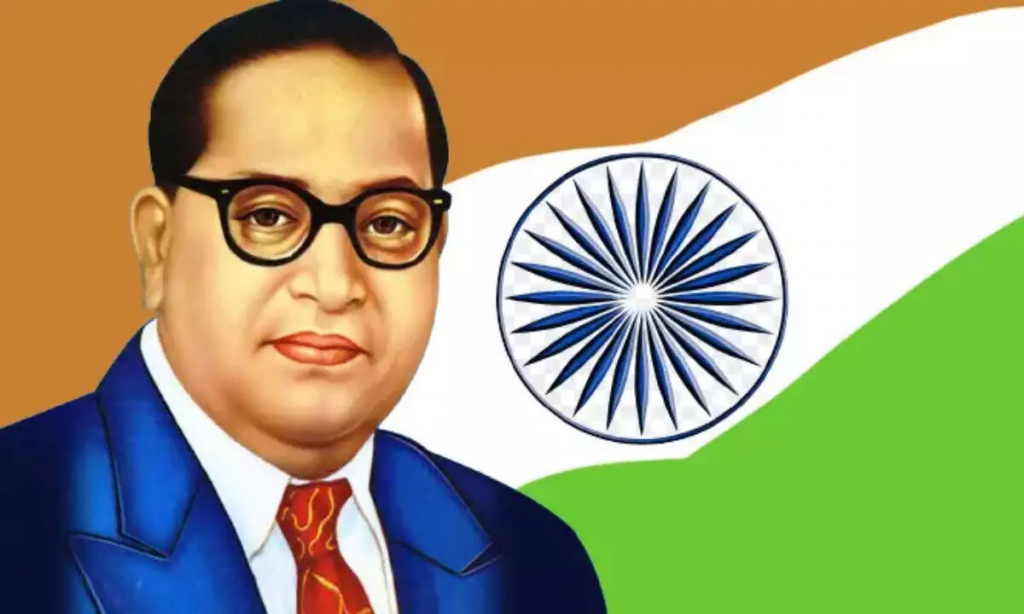
Dr. B.R. Ambedkar was not only a key architect of the Indian Constitution but also a profound economist. His economic thoughts and contributions were deeply rooted in social justice and aimed at uplifting the marginalized sections of society. Here are some key aspects of his economic philosophy:
1. Agricultural Reforms & State Socialism
- In his book “The Problem of the Rupee” (1923), Ambedkar emphasized that land should be nationalized and redistributed to prevent landlord exploitation.
- He advocated for cooperative farming and state control over agriculture to ensure equitable distribution of resources.
- He opposed the Zamindari system and suggested that land should be owned by the state and leased out to farmers.
2. Currency & Monetary Policy
- His Ph.D. thesis, “The Problem of the Rupee”, was a detailed study on Indian currency and monetary policies.
- He criticized the British colonial currency system and argued for a gold standard-based monetary system to stabilize the rupee.
- His research played a role in the establishment of the Reserve Bank of India (RBI) in 1935.
3. Labour & Industrial Policies
- He was a strong advocate of labor rights and worked towards improving working conditions for industrial workers.
- As Labour Member of the Viceroy’s Executive Council (1942-1946), he introduced:
- Reduced working hours (from 12 to 8 hours)
- Equal pay for equal work
- Maternity benefits for women workers
- Formation of the Employees’ State Insurance (ESI) Scheme
4. Economic Planning & Development
- Ambedkar emphasized the importance of planned economic development much before the formation of the Planning Commission in 1950.
- He proposed a Water Resources Management Policy, suggesting the damming of major rivers like the Damodar, Son, and Mahanadi to prevent floods and improve irrigation.
- He laid the foundation for large-scale infrastructure projects like the DVC (Damodar Valley Corporation).
5. Views on Capitalism & Socialism
- He was neither a pure capitalist nor a hardcore socialist but believed in a “Mixed Economy” where the state would play an active role in industries and essential services.
- He proposed State Socialism, where key industries, agriculture, and financial institutions would be controlled by the state to ensure fair distribution.
6. Economic Justice & Reservation Policies
- His economic ideology was deeply linked to social justice, focusing on the upliftment of Dalits and marginalized communities.
- He believed in affirmative action (reservations in jobs and education) to bridge economic disparities.
Dr. Ambedkar’s economic vision was ahead of its time and laid the foundation for many modern economic policies in India. His emphasis on financial stability, industrialization, and social justice continues to influence Indian economic policies even today.